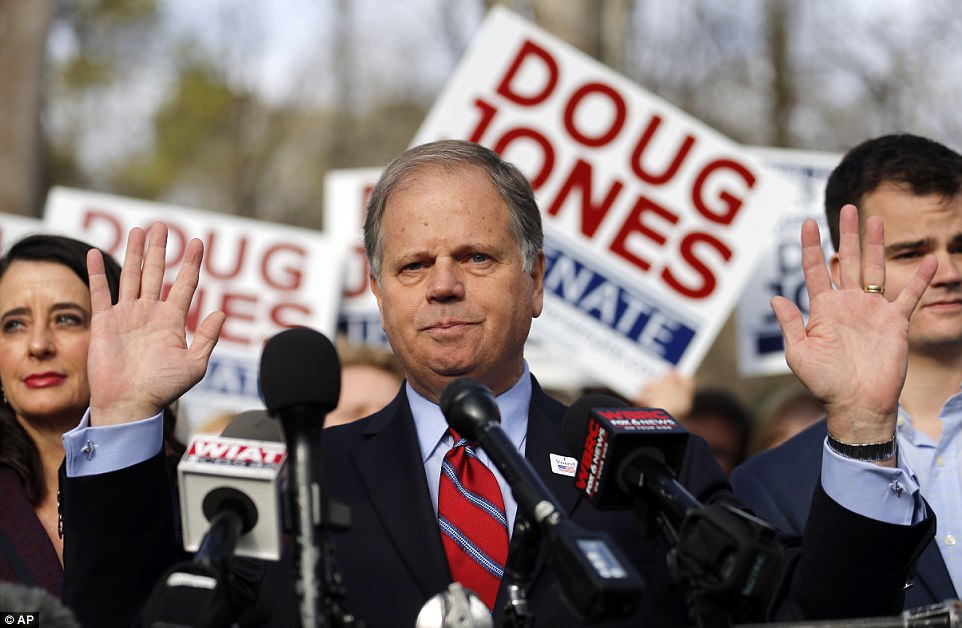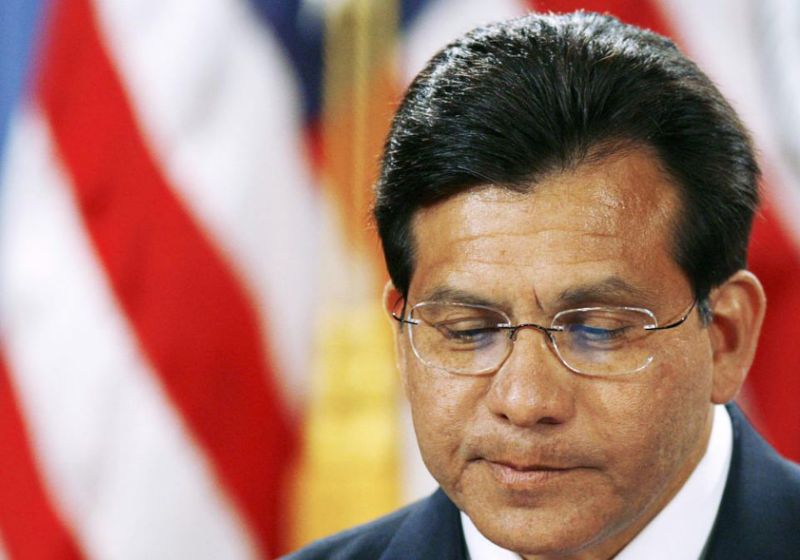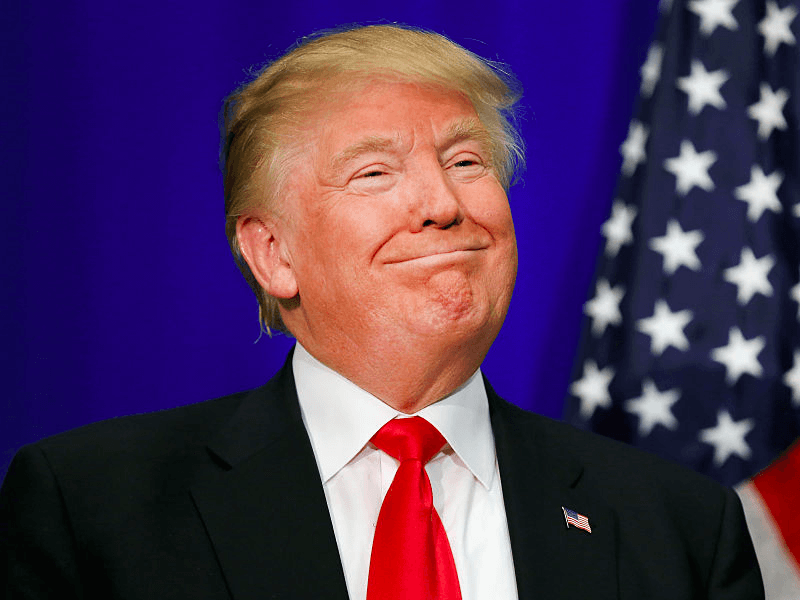How does Jeff Sessions Rescinding of the Cole Memo Impact the Marijuana Industry?
It’s been nearly two months since Jeff Sessions announced that his Justice Department will no longer honor the Obama-era Cole Memo, which assured a hands-off Federal approach to Cannabis proprietors following the rules and regulations of their marijuana-sanctioned States. Now that the dust has settled and the initial shock and panic has (hopefully) subsided, it is worth reviewing Session’s precise language and examine how this reversion may implicate the burgeoning marijuana industry.
Of course, Cannabis was never officially federally legal under the Obama administration’s rule and at best, was only ever given a tepid, if not tacit approval, under the Cole Memo. To recall, Cannabis is a Schedule 1 Drug under the Controlled Substance Act, underscoring the DEA’s belief that Cannabis is an immensely dangerous drug with no medicinal benefit. Therefore, even within a State that has legalized marijuana, it is still federally illegal to manufacture, distribute, or dispense. To address this ambiguity, U.S. Department of Justice Deputy Attorney General James M. Cole issued a memorandum in 2013 outlining his office’s view that the then current tension between federal cannabis illegality and State legality (either recreational or medicinal) was both untenable and non-sustainable.
The Cole Memo: What it did and did not do
The purpose of the Cole Memo, which was directed to all U.S Attorneys and federal prosecutors, was to propose a hands-off federal approach to prosecuting individuals and cannabis companies operating within the legal parameters of their State. The Cole Memo did not propose any sort of federal cannabis legalization effort but rather expressed the reality of a resource-restricted Federal government and his Department’s belief that those resources can be better spent on non-State approved cannabis related matters. For example, while the Cole Memo would seemingly disapprove of a federal prosecutor targeting a medical cannabis dispensary in the State of Colorado, it would still fully support the prosecution of a drug cartel caught trafficking large quantities of cannabis across the country.
Thus, what made the Cole Memo important and meaningful was the ease of mind it conferred to private investors and larger financial institutions alike in engaging in the business of State-sanctioned Cannabis. Simply, the Cole Memo instructed that as long as your cannabis business operates according to the laws of your given State (contact your marijuana lawyer to make sure you’re in compliance), the Federal government won’t get involved. Perhaps the most obvious (and economically important) manifestation of this cognitive relief was the responsive publication of the Department of Treasure’s Financial Crimes Enforcement Network’s (FinCEN) guidelines (FIN-2014-G001), which sought to provide banks with an updated set of regulatory requirements for complying with the Bank Secrecy Act (which requires banks to detect and report money laundering the Federal government). FIN-2014-G001 explicitly acknowledged the shift in Federal enforcement vis-à-vis banking and provided a framework for banks to use in evaluating the risk and viability of accepting cannabis businesses. The implications for the cannabis industry under this Cole Memo-catalyzed guideline were immense – cannabis banking was at least theoretically possible. How can banks ensure they are complying with Federal law? Specifically, FIN-2014-G001 provides in relevant part, “A financial institution providing financial services to a marijuana-related business that it reasonably believes, based on its customer due diligence, does not implicate one of the Cole Memo priorities or violate state law should file a ‘Marijuana Limited’ SAR.” In sum, the Cole Memo made Cannabis banking a reality.
The Sessions Memo: Rolling Back The Clock
For our purposes, the critical part of the memo is the following:
“In deciding which marijuana activities to prosecute under these laws with the department’s finite resources, prosecutors should follow the well established principles that govern all federal prosecutions…These principles require federal prosecutors deciding which cases to prosecute to weigh all relevant considerations of the crime, the deterrent effect of criminal prosecution, and the cumulative impact of particular crimes on the community…. Previous nationwide guidance specific to marijuana enforcement is unnecessary and is rescinded, effective immediately.”
The importance of this mandate lies arguably with what it omits, rather than includes. Fundamentally, nowhere does Sessions outlaw cannabis or modify existing cannabis law. It is true that the last sentence seems to specifically reference – and by extension – rescind the Cole Memo but he is not proactively mandating any sort of legal action against the cannabis industry. Indeed, read carefully, the Sessions Memo simply instructs U.S Attorneys to pursue marijuana “cases”, on an individual basis, after weighing all relevant considerations. Therefore, while he is removing the certainty of safety provided by the Cole Memo, he is leaving it up to the individual U.S Attorney to reinstate it.
Cannabis, Banking, and the Great Unknown
While the Sessions Memo does not make any explicit demands on U.S prosecutors, investors and financial institutions might very well read this silence as problematic and liability prone. Recall, the Cole Memo was impactful in that it provided the assurance of Federal indifference to State-sanctioned cannabis businesses. The FIN-2014-G001 document explicitly invoked the Cole Memo as an enzymatic force driving FinCEN to provide a legal framework for banks to work with Cannabis businesses. How will FinCEN view cannabis banking in light of the Session Memo’s nullification of the Cole Memo? At this point, no one really knows. The risk of this uncertainty is that it will trickle up and down to investors and cannabis companies, poisoning investment opportunities with doubt and even more onerous, fear.
Moving forward, cannabis companies should expect investors and lenders to be more aggressive and demanding during any future capital raise. Simply, investors will leverage the risk associated with a potential bank boycott of marijuana businesses to grab more equity and control than would otherwise have been reasonable before the release of the to-be-determined Sessions Memo.
So, what’s the state of Cannabis post the Sessions Memo? We are in the era of Trump – good or bad, anything is possible.
credit:themaven.net













